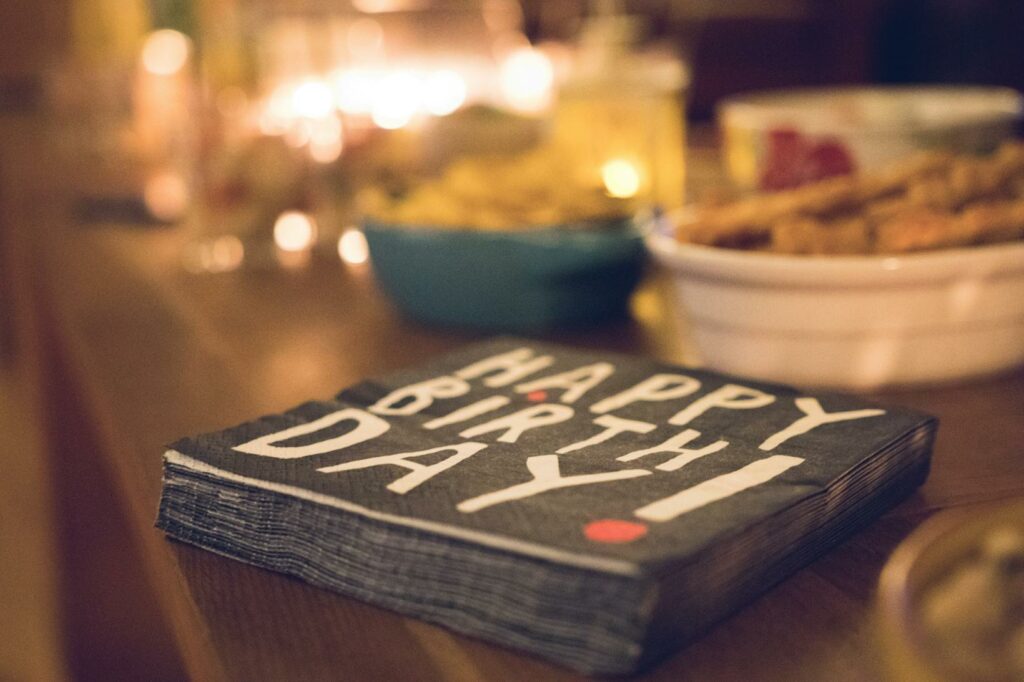Delving into the history of birthdays unveils a fascinating journey through time, shedding light on the origins and evolution of this cherished tradition. From ancient civilizations to modern-day celebrations, the concept of marking one’s birth date has woven its way into the fabric of human culture. Exploring how different societies have honored birthdays offers a unique glimpse into our shared customs and beliefs.
 History Of Birthdays
History Of Birthdays
The history of celebrating birthdays can be traced back to ancient civilizations like the Egyptians, who believed that the pharaohs became gods on their coronation day. In Greece, individuals offered moon-shaped cakes to Artemis, the goddess of the moon, as a form of tribute. Romans commemorated birthdays with feasts and offerings to their guardian spirits known as “genius.” Over time, birthday celebrations evolved, incorporating various customs and traditions from different cultures.
In medieval Europe, the Christian church viewed birthdays as pagan rituals. However, the Germanic people introduced the concept of celebrating children’s birthdays with cakes, a practice that eventually spread throughout the world. The Industrial Revolution in the 19th century saw the rise of the modern birthday party as we know it today, with cakes, candles, and gifts becoming commonplace.
Today, birthday celebrations are a significant part of social gatherings, allowing people to come together to honor and show appreciation for the lives of their loved ones. From simple family gatherings to elaborate themed parties, birthdays continue to be a cherished tradition that brings joy and togetherness to people of all ages.
Evolution of Birthday Celebrations
The evolution of birthday celebrations has been influenced by cultural variations in birthday traditions and the historical significance attached to these special occasions.
Cultural Variations in Birthday Traditions 
Different cultures around the world have unique customs when it comes to celebrating birthdays. For example, in China, a child’s first birthday is particularly significant and is often marked with a lavish celebration known as a “red egg and ginger party.” This tradition symbolizes happiness, good luck, and prosperity for the child’s future.
In Latin American countries, quinceañeras are elaborate celebrations marking a girl’s fifteenth birthday, signifying her transition from childhood to womanhood. These celebrations often include a religious ceremony, a extravagant party, and a formal dance.
In Japan, a child’s third, fifth, and seventh birthdays are especially important milestones and are celebrated with traditional ceremonies known as shichi-go-san. These ceremonies involve visiting shrines to pray for the children’s health and happiness.
Historical Significance of Birthday Celebrations
The historical significance of birthday celebrations dates back to ancient civilizations where birthdays were often recognized as symbolic of a person’s connection to the divine. For instance, in ancient Egypt, pharaohs were believed to become gods on their birthdays. Similarly, in ancient Greece, people offered tributes to their gods on their birthdays, viewing them as protectors and benefactors.
During the Roman Empire, birthdays were celebrated with feasts and offerings to honor the gods and ensure the well-being of the individual celebrating. The tradition of celebrating birthdays with cakes can be traced back to ancient Rome.
Overall, the historical significance of birthday celebrations reflects our human desire to commemorate important milestones and demonstrate reverence for life, growth, and prosperity.
 A Remarkable Evolution
A Remarkable Evolution
The history of birthdays reveals a fascinating journey through time, showcasing the diverse cultural influences that have shaped the way we celebrate these special occasions. From ancient traditions rooted in religious beliefs to the modern-day technological advancements that have transformed the way we mark birthdays, the evolution is both remarkable and insightful. As we continue to embrace new ways of commemorating birthdays, it’s evident that the essence of celebration remains a universal and cherished aspect of human life. The blend of tradition and innovation in birthday customs reflects our ever-changing society’s ability to adapt and evolve while honoring the significance of these annual milestones.



